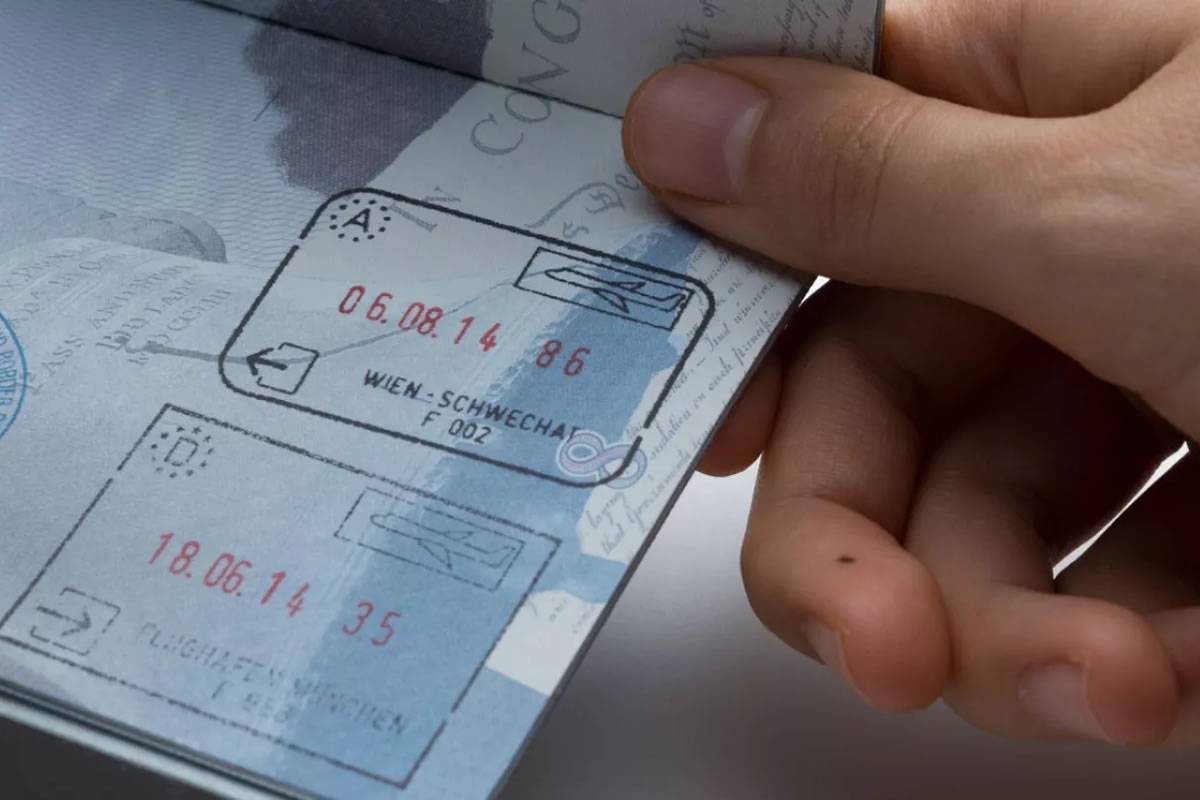Foreign Office issues warning to Brits ahead of EU Entry/Exit System launch
- 02-10-2024
- National
- Canarian Weekly
- Photo Credit: Freepik
British citizens travelling to and from the European Union (EU) are set to experience significant changes to passport control starting in November. The UK's Foreign Office has issued a warning, highlighting that these new rules will affect anyone holding a non-EU passport, including UK nationals, who will no longer receive stamps in their passports upon entering or exiting the EU.
Introduction of the Entry/Exit System (EES)
The new system, called the Entry/Exit System (EES), will be rolled out across 29 countries in the EU's Schengen Area. Initially planned for earlier in 2024, the system is now set to take effect in November. The EES aims to streamline border control by replacing traditional passport stamps with biometric data, including fingerprint scans and facial recognition. This will allow authorities to track the duration of a person's stay in the EU.
The EES will be implemented in the following countries: Austria, Belgium, Bulgaria, Croatia, Czechia, Denmark, Estonia, Finland, France, Germany, Greece, Hungary, Iceland, Italy, Latvia, Liechtenstein, Lithuania, Luxembourg, Malta, Netherlands, Norway, Poland, Portugal, Romania, Slovakia, Slovenia, Spain, Sweden, and Switzerland.
How It Works
Upon entry into the EU, travellers will have their fingerprints and photo taken, which will then be matched with their passport information to track their time within the EU. On departure, either a photo or fingerprints will be taken again, and the passport will not be stamped.
This change aligns with the Schengen 90/180-Day Rule, which allows non-EU citizens to stay in Schengen countries for up to 90 days within any 180-day period. The EES system is designed to ensure stricter enforcement of this rule, with overstaying potentially leading to penalties including fines, deportation, and even being banned for 5 to 10 years from re-entering the EU.

Potential Delays and Foreign Office Warning
The UK's Foreign Office has cautioned that the introduction of the EES could lead to longer queues at border control, especially when the system is first rolled out. UK travellers passing through key exit points like Dover, Eurotunnel at Folkestone, and St Pancras International will have their biometric data collected before leaving the UK.
Although the EU Home Affairs Commissioner, Ylva Johansson, confirmed the November 10th, 2024 start date, reports suggest that the EES may face further delays, or be introduced in stages, as not all member states are fully prepared. However, EU officials are actively working to ensure the system is operational on time.
Travelers are advised to stay informed about these changes and prepare for possible delays as the system is implemented.
Other articles that may interest you...
Trending
Most Read Articles
Featured Videos
TributoFest: Michael Buble promo 14.02.2026
- 30-01-2026
TEAs 2025 Highlights
- 17-11-2025



























































